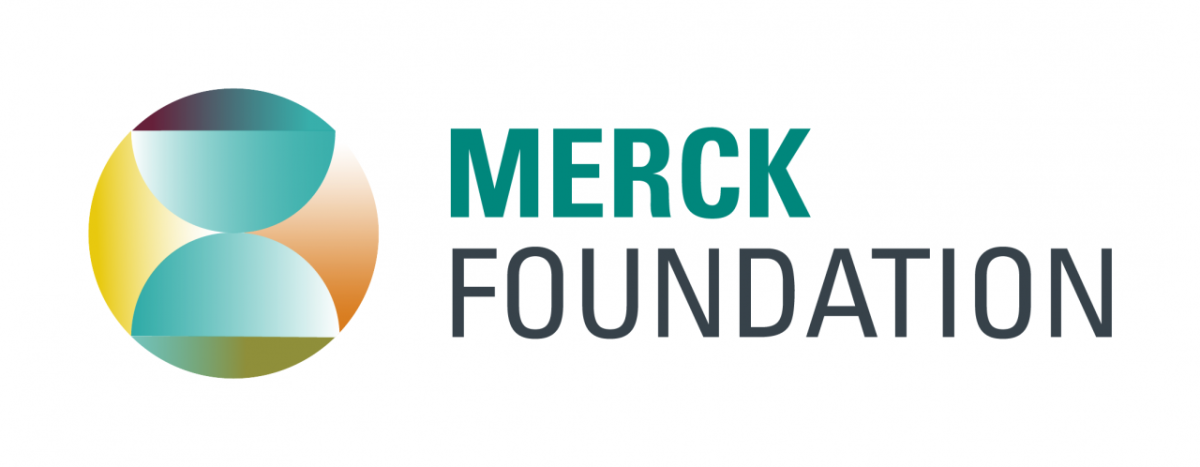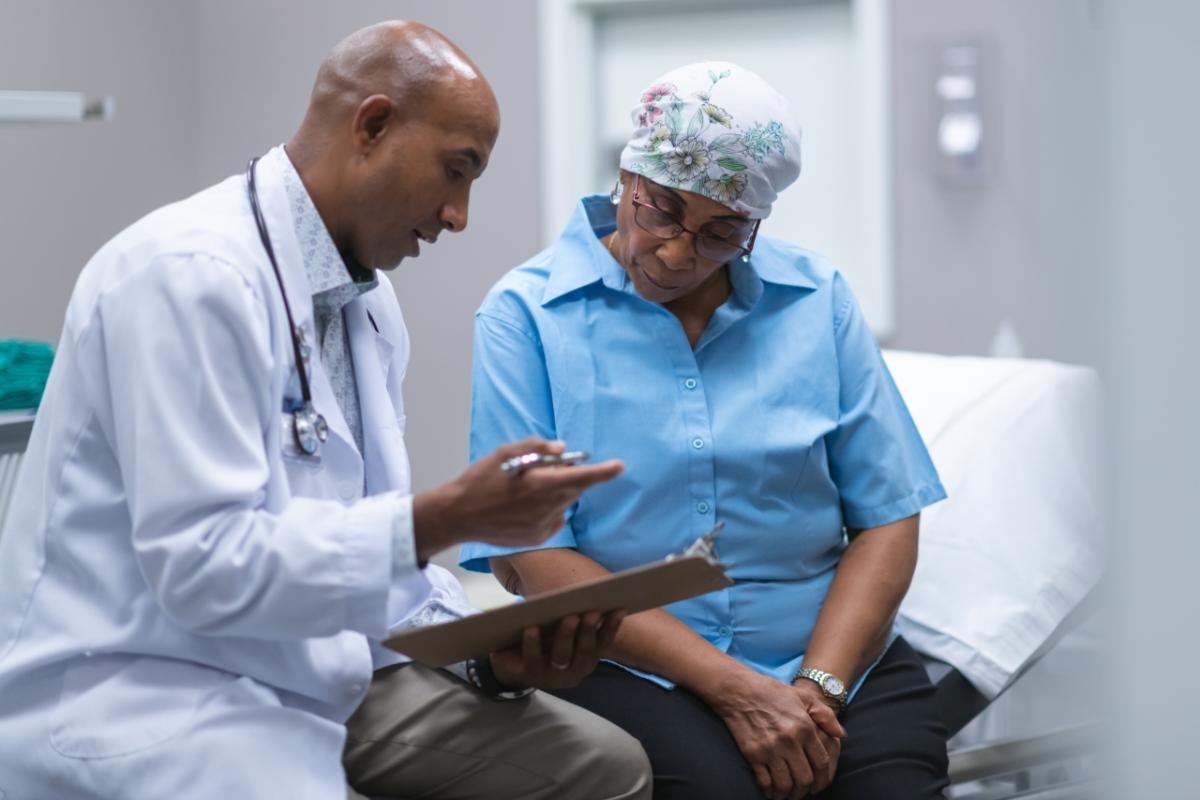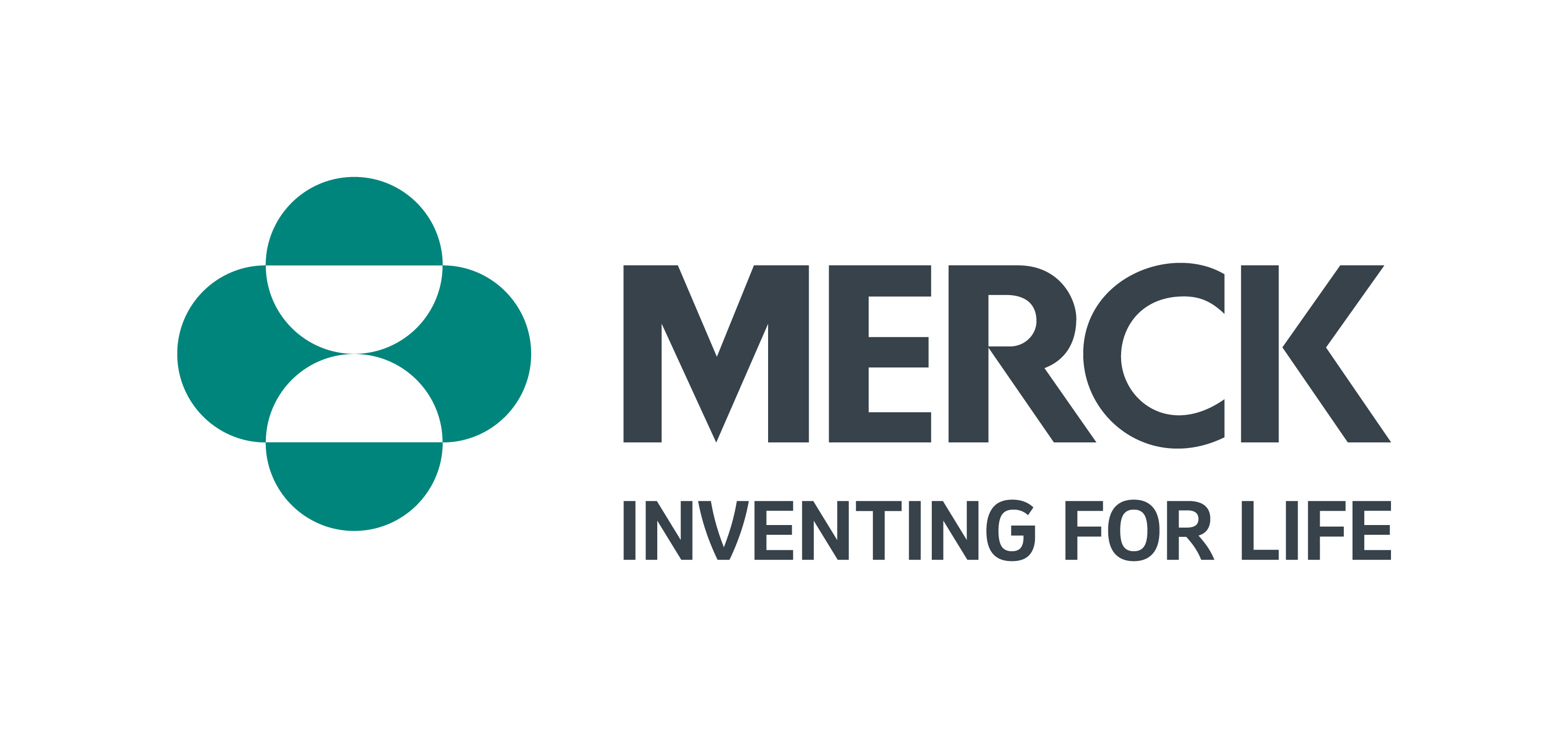Merck Announces Alliance for Equity in Cancer Care
To help address persistent disparities across the cancer care continuum – from diagnosis to survivorship – and improve patient outcomes among adult underserved populations, the Merck Foundation announces a new U.S. initiative, the Merck Alliance for Equity in Cancer Care (the Alliance).
The Alliance will help advance health equity by improving timely access to community-focused, patient-centered, high-quality cancer care. The Foundation is committing $20 million over 5 years to support the development and implementation of innovative, multifaceted cancer care programs in selected communities across the country.
The Alliance aims to:
Promote evidence-informed, innovative, multi-level interventions to improve key aspects of patient-centered care, including:
- Coordination and integration of care from diagnosis through survivorship
- Patient-provider communication
- Patient engagement in treatment planning and decision making
- Psychosocial services and other supportive care
Apply now to join the Alliance
Eligible nonprofit organizations in the United States committed to improving cancer care and advancing health equity for underserved populations are invited to join the Alliance by applying today.
Charting a New Course to Deliver Equitable Cancer Care
In the United States, about 16.9 million people have been diagnosed with cancer in their lifetime – an additional 1.9 million people are expected to be diagnosed in 2021.Although there have been major advancements in cancer treatment, significant challenges remain in providing high-quality cancer care for all patients in the United States.
The burden of cancer falls disproportionately on certain segments of the population, including racial and ethnic minority groups. In addition, underserved populations, including low-income individuals, rural populations and those who are uninsured, do not have equitable access to high-quality cancer care.
Cancer care is often fragmented and poorly coordinated, and patients may face barriers to receiving timely, patient-centered care. A variety of complex interrelated social and economic factors also influence timely access to high-quality cancer care, known collectively as the social determinants of health. Further, the COVID-19 pandemic has exacerbated barriers to cancer care, including the loss of critical support systems in underserved communities.
The Alliance programs will foster multi-level strategies to improve the delivery of patient-centered, equitable cancer care as well as promote multisectoral community collaborations to address barriers to care associated with the social determinants of health, thereby helping reduce disparities in access to high-quality cancer care.



